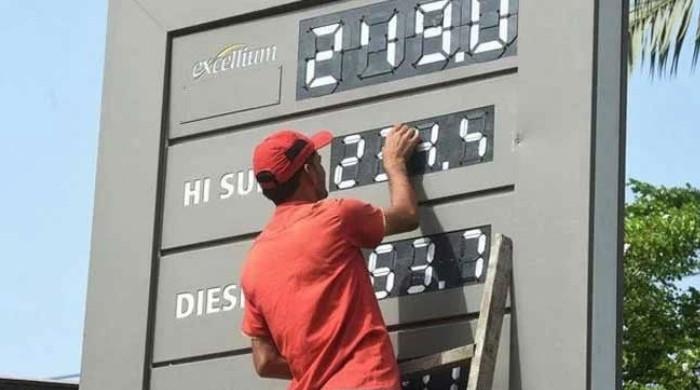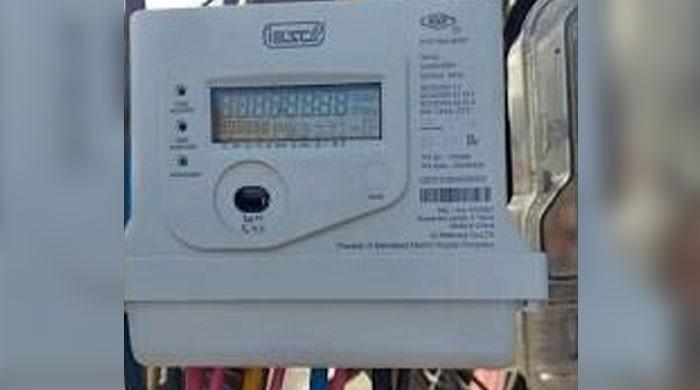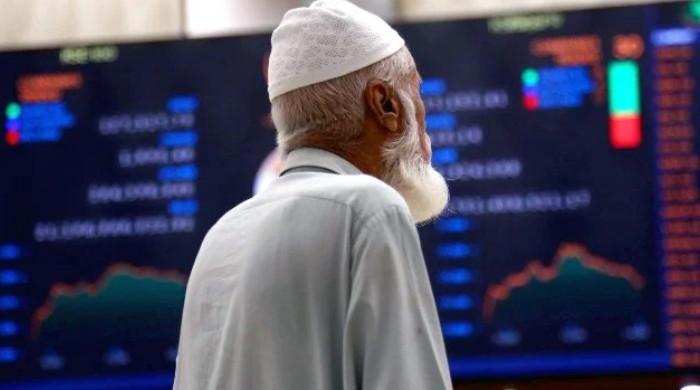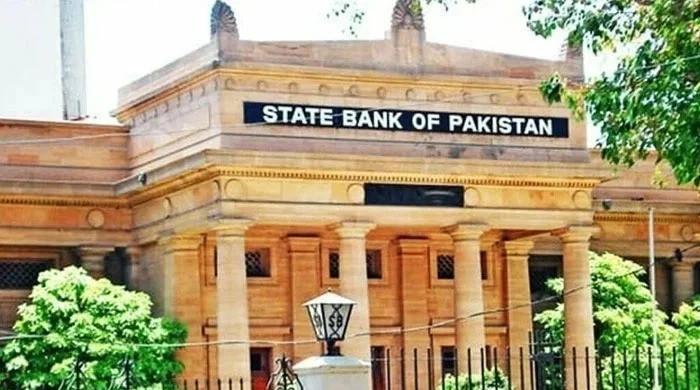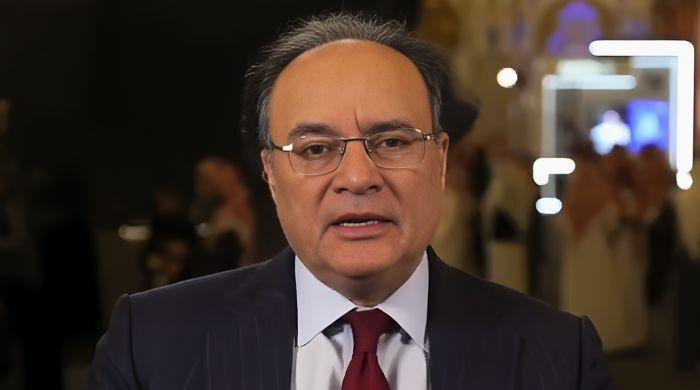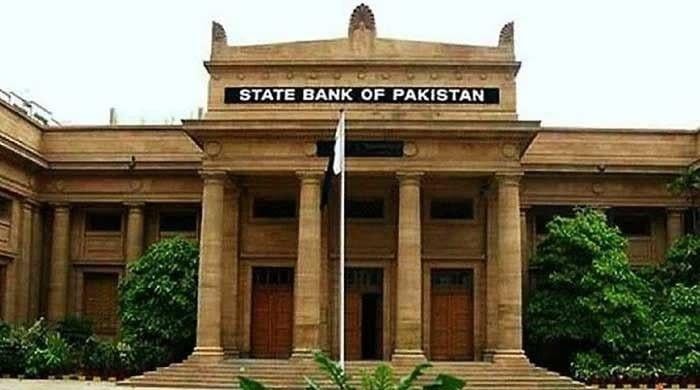PM Shehbaz directs FBR to roll up sleeves to rid country of debts
PM terms staff-level arrangement with IMF a positive omen for country’s economy
July 13, 2024
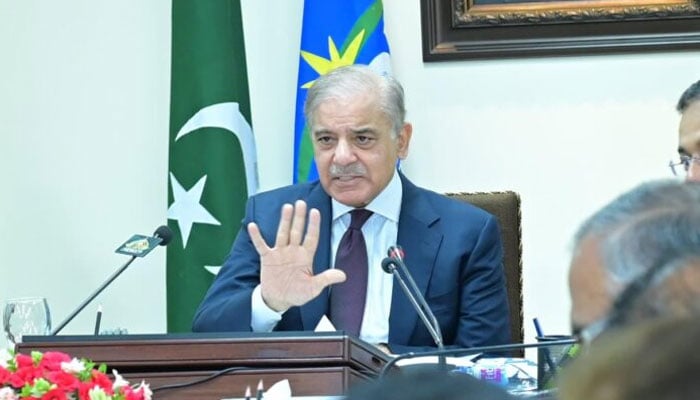
- PM says govt has sole agenda of putting country on path of progress.
- "It may be difficult journey requiring collective, individual efforts."
- Premier terms staff level arrangement with IMF positive omen.
ISLAMABAD: Prime Minister Shehbaz Sharif on Saturday directed the Federal Bureau of Revenue (FBR) authorities to roll up their sleeves and be ready to serve the nation and rid the country of debts.
In doing so, the premier, directed them to formulating a strategy and mechanism coupled with usage of latest technology to broaden the tax net base without further burdening the honest tax payers.
During a visit to FBR Headquarters, PM Shehbaz said that the incumbent government had the sole agenda of putting Pakistan on path of progress with consistent improvement in the economic indicators.
“Though it may be a difficult journey which requires collective and individual efforts, sincerity and sacrifices and putting forth the national interests supreme over all other interests,” he emphasised.
Terming the staff-level arrangement with International Monetary Fund (IMF) as a positive omen for the country’s economy, he expressed the hope that the lender's board would also give a go ahead in this regard.
The cash-strapped country has reached a 37-month, $7 billion aid package deal, with the Washington-based institution, which gave a much-needed respite to the struggling economy.
The prime minister said now it was their responsibility to act speedily and work tirelessly for making the IMF programme as the last one in the country’s history, adding after which a journey of progress and prosperity would commence in the country.
PM Shehbaz expressed the confidence that Pakistan could become a great and prosperous country with collective and individual efforts.
If we want to get rid of debts, the FBR should levy taxes on those who had not been paying any taxes, he opined.
The prime minister said that the country’s top taxmen should realise the issue of repeatedly burdening of honest tax payers including the government employees who filed their annual tax returns.
Faced with chronic mismanagement, Pakistan’s economy has found itself on the brink, challenged by the COVID-19 pandemic, the effects of the war in Ukraine and supply difficulties that fuelled inflation, as well as record flooding that affected a third of the country in 2022.
With its foreign currency reserves dwindling, the cash-strapped nation found itself in a debt crisis and was forced to turn to the IMF, obtaining its first emergency loan in the summer of 2023.
The latest bailout, coming to Pakistan in the form of loans, follows a commitment by the government to implement reforms, including a major effort to broaden the country's tax base.
In this regard, the authorities plan to increase tax revenues through measures of 1.5% of GDP in FY25 and 3% of GDP over the program.
In particular, the recently approved FY25 budget targets an underlying general government primary surplus of 1% of GDP (2 percent in headline terms).
Revenue collections will be supported by simpler and fairer direct and indirect taxation, including by bringing net income from the retail, export, and agriculture sectors properly into the tax system.
At the same time, the FY25 budget provides additional resources to expand social protection by increasing both the generosity and coverage of BISP, education, and health spending.
In a nation of over 240 million people and where most jobs are in the informal sector, only 5.2 million filed income tax returns in 2022.
During the 2024-25 fiscal year which starts July 1, the government aims to raise nearly $46 billion in taxes, a 40% increase from the previous year.





